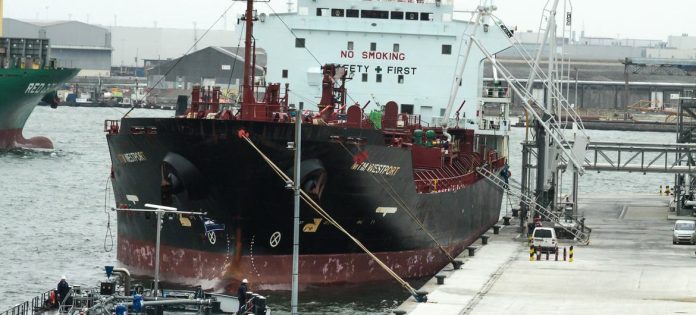In a landmark achievement for climate action, countries have agreed on a new international framework to dramatically cut greenhouse gas emissions from the global shipping industry. After years of negotiations, the agreement was finalized during the latest session of the UN International Maritime Organization (IMO) Marine Environment Protection Committee.
The plan sets ambitious targets: achieving net-zero emissions from maritime shipping by 2050, with formal adoption expected in October 2025 and implementation starting in 2027.
Key Elements of the New Framework
The new measures, which will apply to large vessels over 5,000 gross tonnage (responsible for 85% of maritime CO₂ emissions), include:
- Mandatory global fuel standards: Shipping companies must progressively lower the greenhouse gas intensity of their marine fuels.
- Industry-wide carbon pricing: High-emission vessels will be required to purchase “remedial units” to offset their excess emissions, while ships using near-zero or zero-emission technologies will benefit from financial rewards.
This dual system is designed to create strong market incentives for the transition toward cleaner fuels and sustainable shipping practices.
Challenges and Breakthrough
Negotiations in London were intense. Some countries, including the United States, initially opposed the proposal. However, after a decisive vote, the framework passed, signaling a historic shift for the shipping industry.
“The approval of the net-zero framework is a major milestone,” said IMO Secretary-General Arsenio Dominguez, praising the global collaboration that made the agreement possible.
“This demonstrates the IMO’s commitment to modernizing shipping and addressing climate change.”
Supporting Developing Nations
A significant feature of the framework is the creation of the IMO Net-Zero Fund. Financed by revenues from the carbon pricing mechanism, this fund will:
- Support innovation and infrastructure for greener shipping, especially in developing countries.
- Mitigate the economic impact on vulnerable nations, such as small island developing States (SIDS) and least developed countries (LDCs), which are disproportionately affected by climate change.
What’s Next?
- Formal Adoption: Final ratification of the agreement is scheduled for October 2025 during the next IMO session.
- Implementation: New standards and mechanisms will officially take effect in 2027, allowing the industry time to transition and invest in new technologies.
About the IMO
Founded in 1948 and based in London, the International Maritime Organization is the UN’s specialized agency tasked with ensuring the safety, security, and environmental sustainability of global shipping. It is behind key international treaties like SOLAS (Safety of Life at Sea) and MARPOL (Prevention of Pollution from Ships).
This landmark decision is expected to reshape the future of global shipping, accelerating the sector’s transition toward sustainability while providing critical support to nations most at risk from the impacts of climate change.




